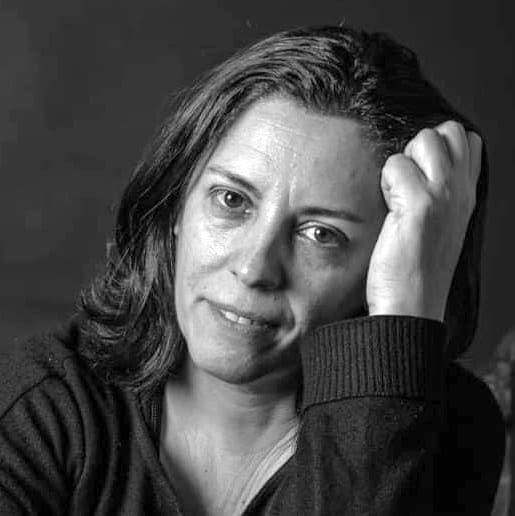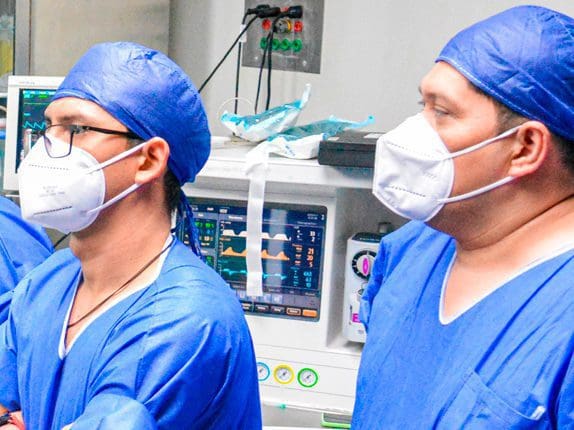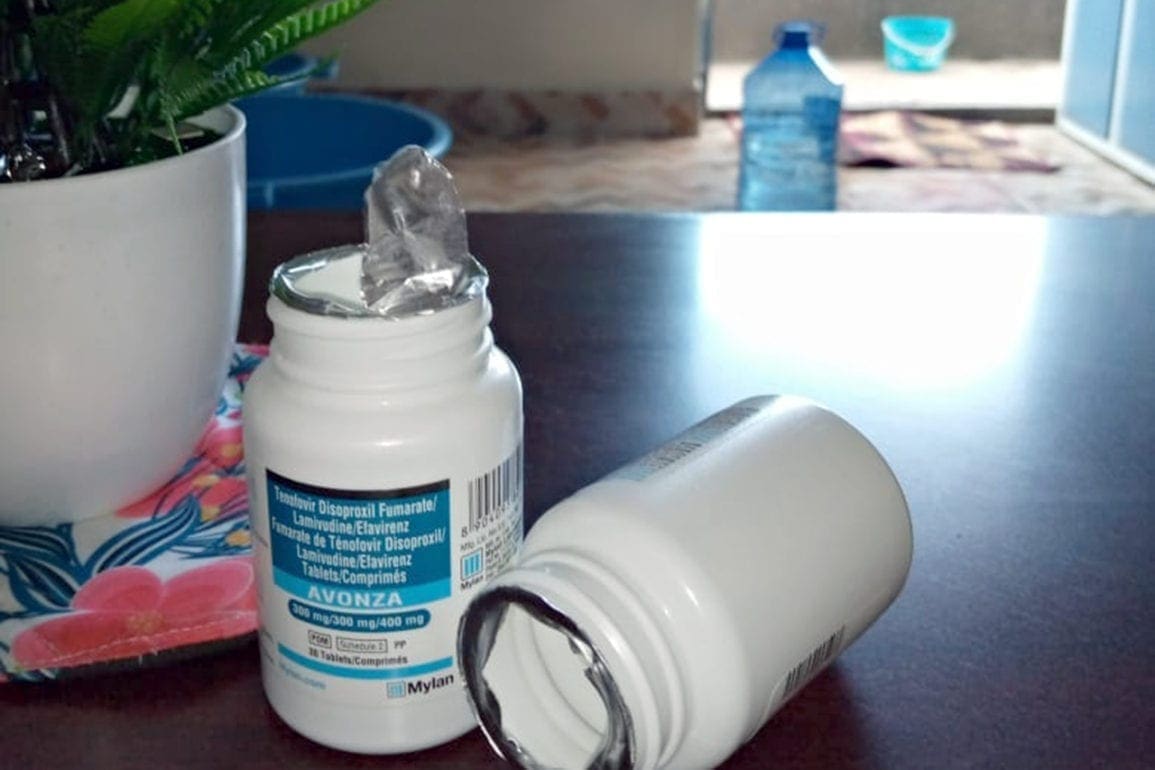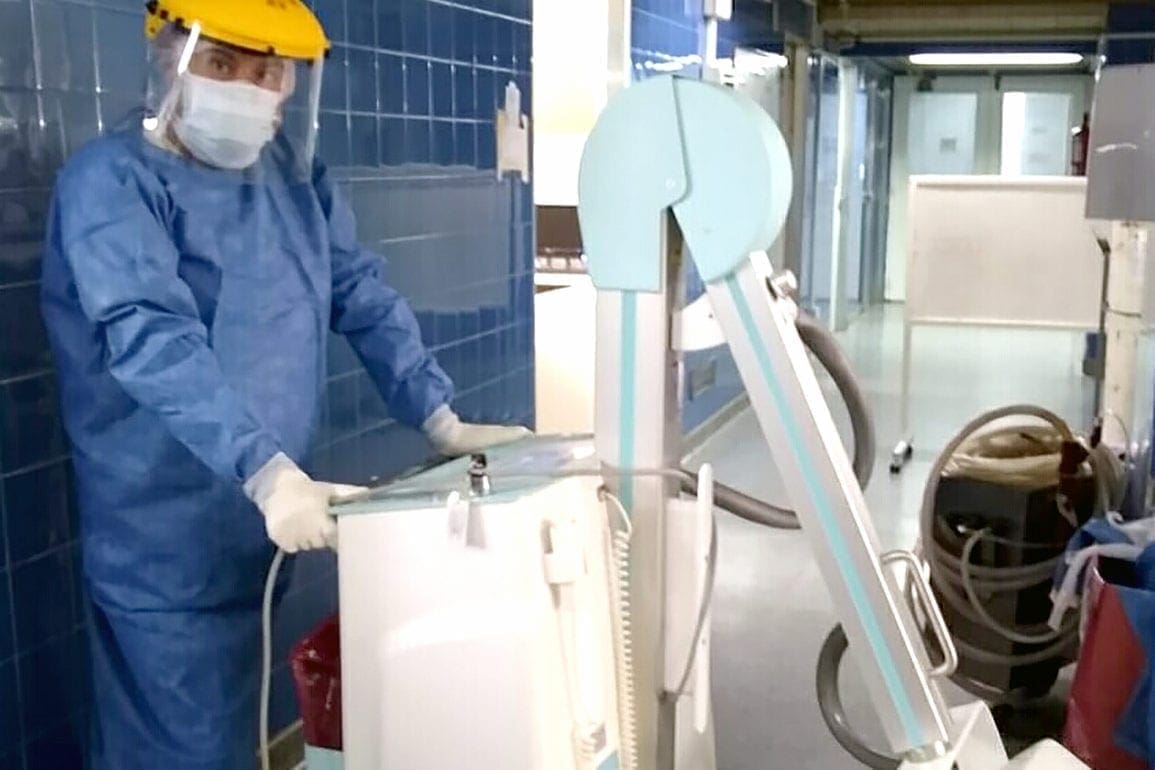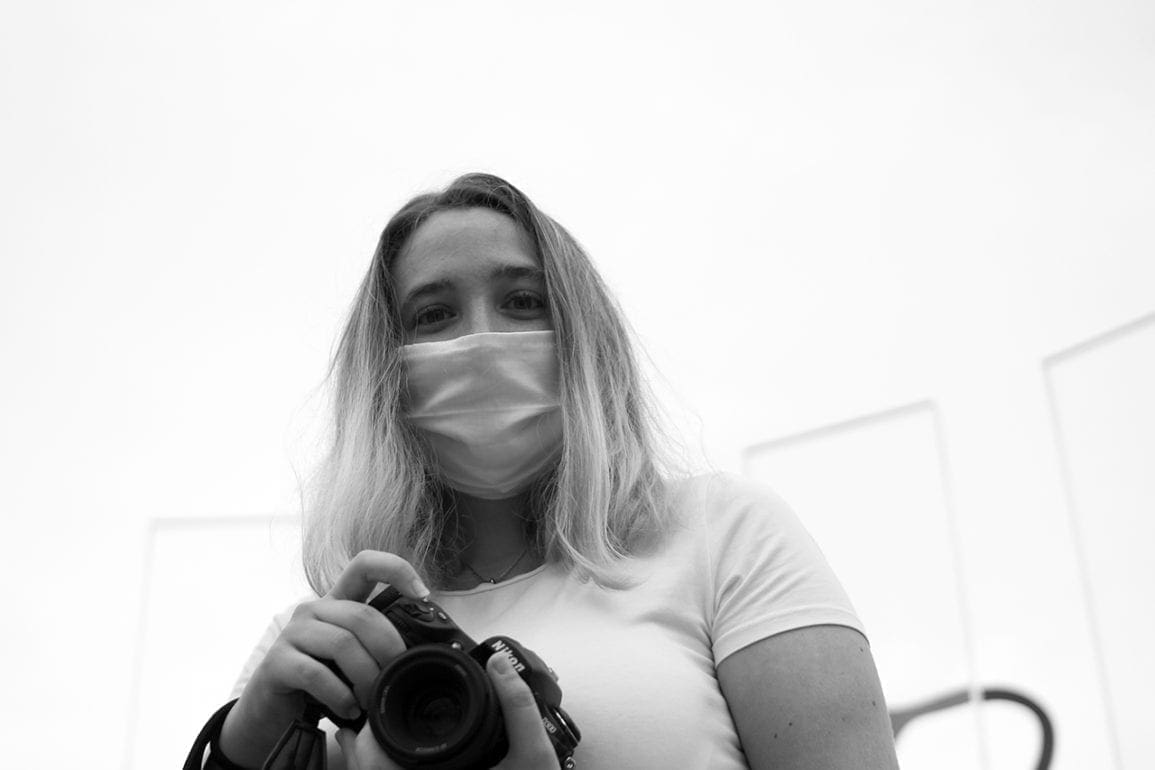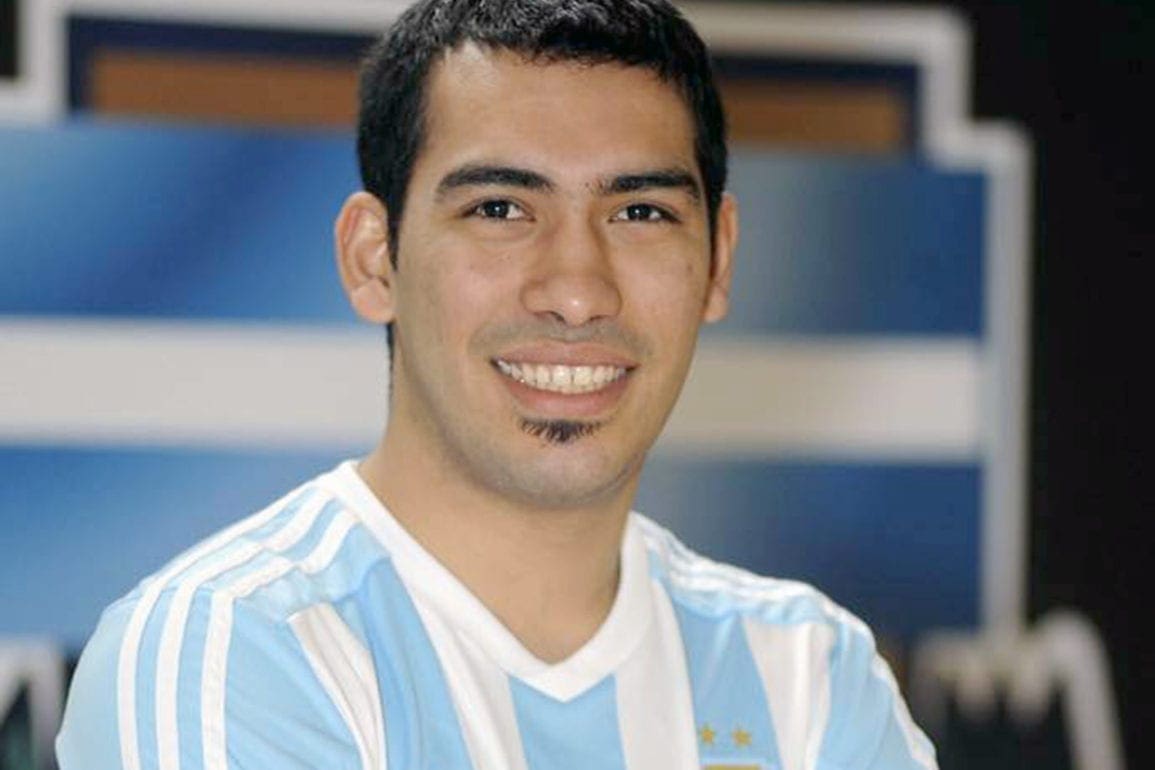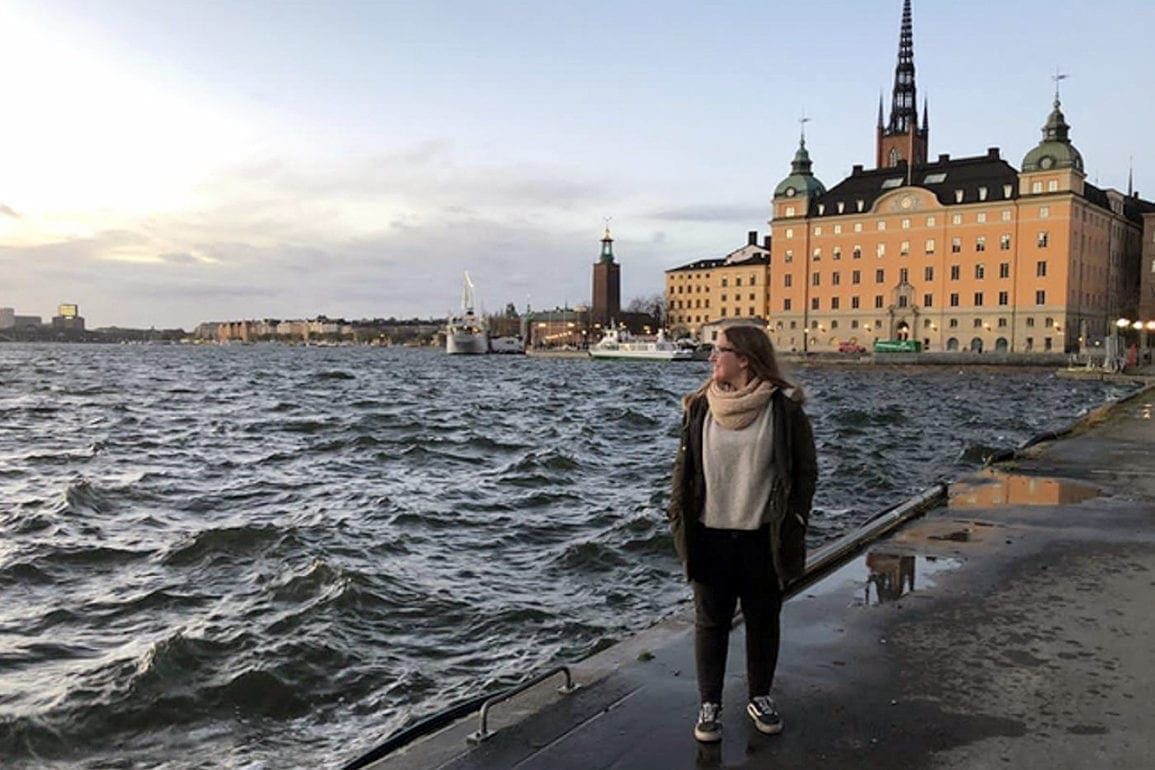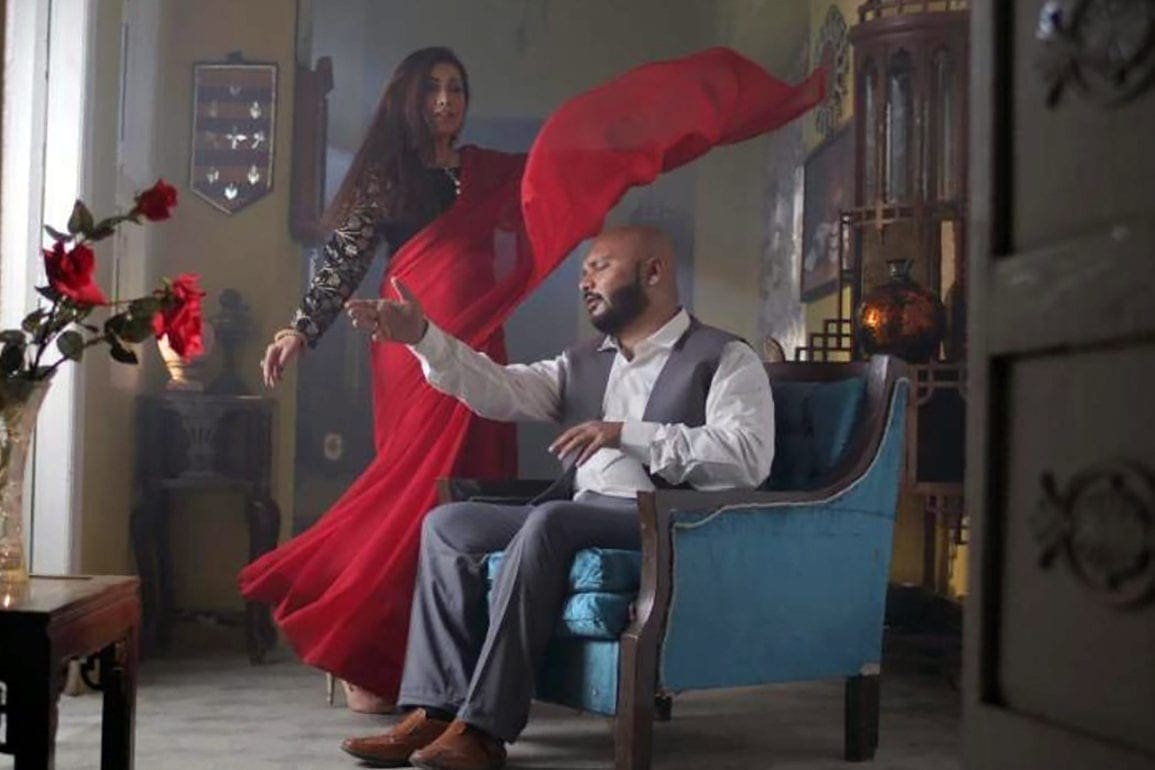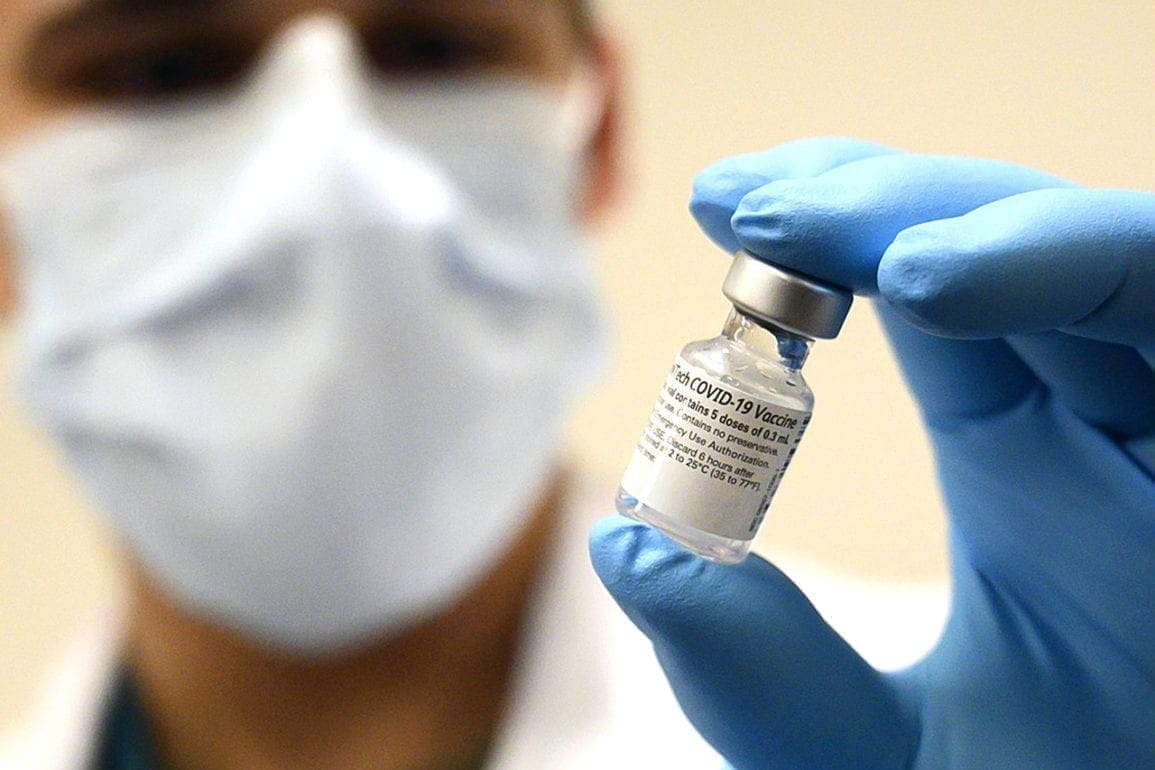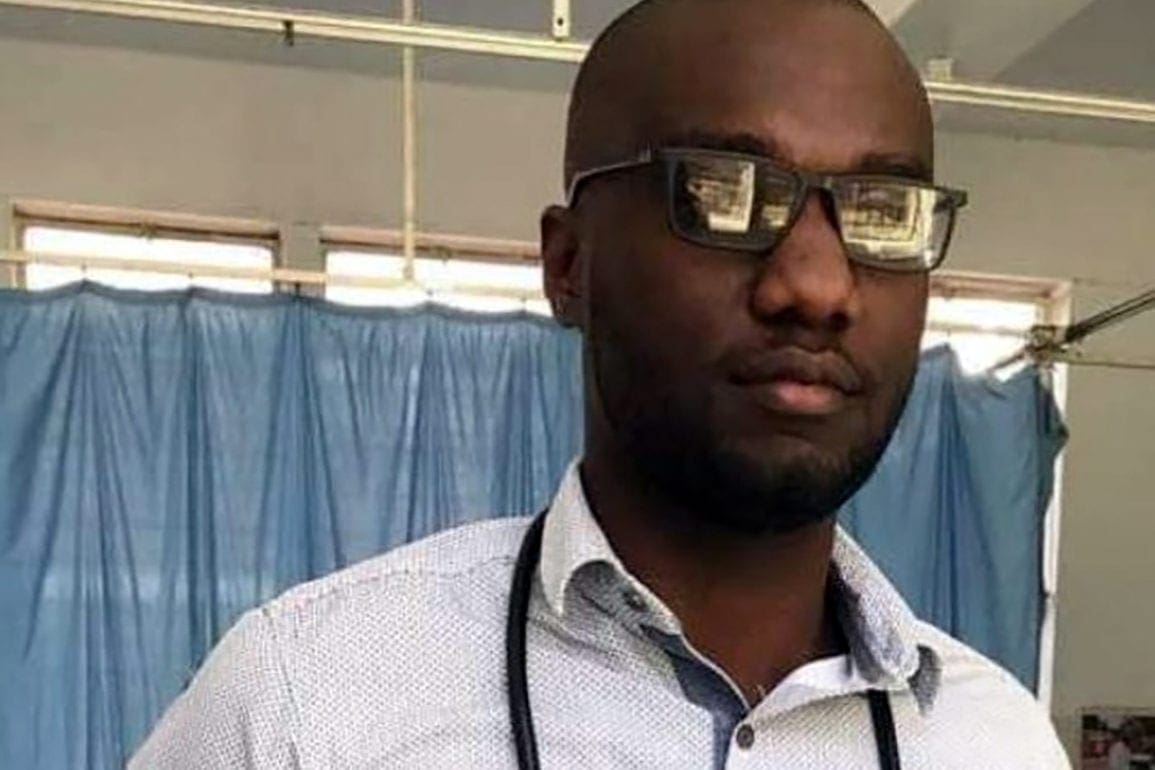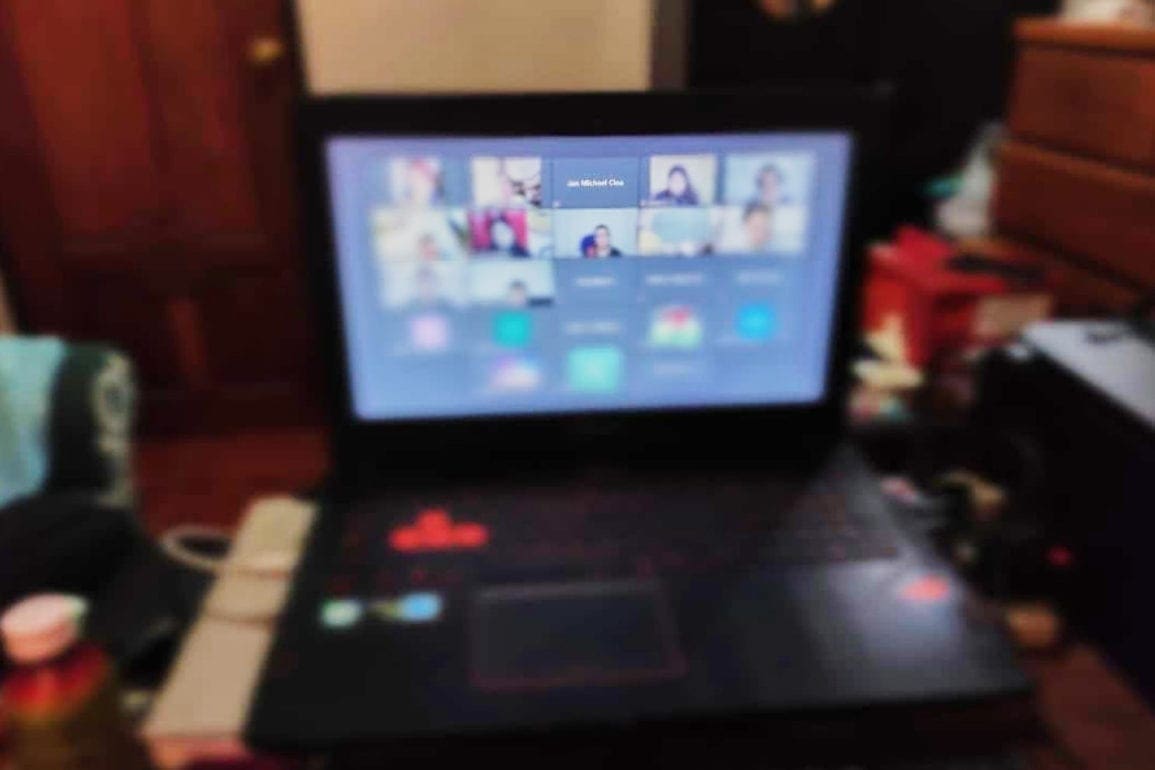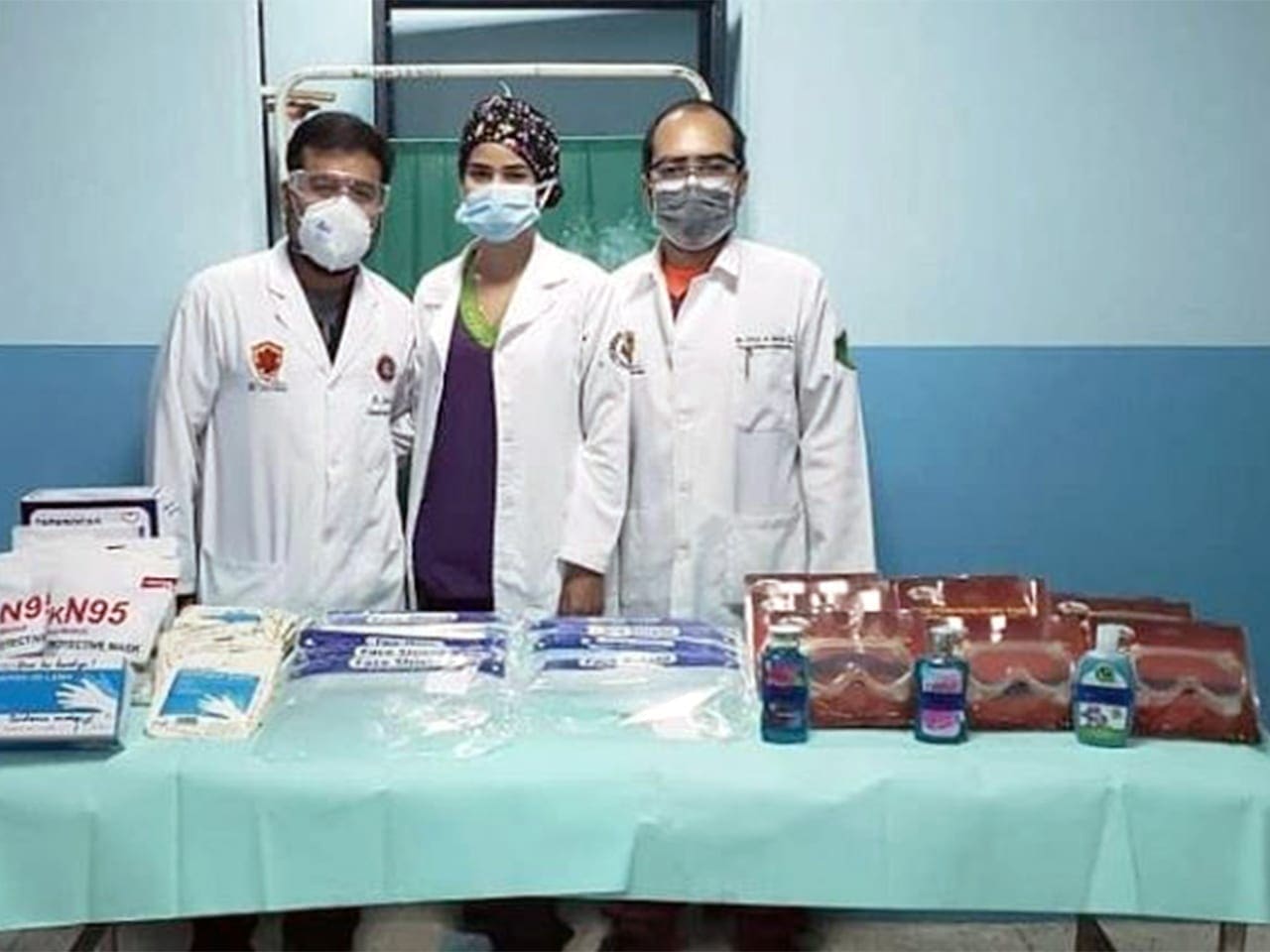Mid-pandemic cancer fight spurs activism
Dramatic blood shortage for cancer victims leads patient into action.
- 4 years ago
November 23, 2020
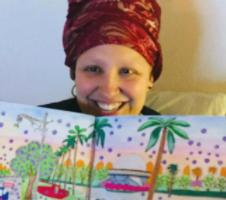
It is not the same to be sick in the world before Covid-19 as it is during this pandemic.
The virus worsened the low rate of blood donation in Argentina, leading to a dramatic and rarely seen shortage.
At 32-years-old, I was diagnosed with ovarian cancer while already suffering from a pulmonary embolism in my heart. When I needed blood donors, I was lucky to get the necessary transfusions. Despite my cancer and knowing that many were not going to get them, I did not stay still and started a campaign to raise awareness about the importance of donating blood.
The worst news
In January 2020, I started to feel ill, I had breathing complications, my chest closed and I could not move air, it was maddening. I went to the emergency room where I was finally hospitalized for 20 days in intensive care for thrombosis, a blood clot within a blood vessel, in my heart and lung.
I had 10 per cent of the pulmonary artery available to breathe. I was in a serious condition with a reserved prognosis.
During my intensive therapy, doctors punctured me repeatedly and it was extremely painful.
Finally, they informed me that my clinical situation reflected a possible carcinogenic aspect. I froze. I cried a lot because of my family’s clinical history of cancer. My father and my aunt both recently died from cancer. My mother Susan, who always accompanies me during treatments, fought through breast cancer.
I thought it was not going to happen to me because, somehow, I had already experienced it. I felt it wasn’t fair.
When I was diagnosed, I was with my partner and my mother. We cried a lot and hugged each other. The doctor explained to me that, according to the results of the studies, everything indicated that it was ovarian cancer. The weight of the world came over me.
Nervous and anguished, I asked him about everything. Right away I wanted to understand that even though the chemotherapy treatment and surgery were going to be tough, it was the path to my healing.
A friend and doctor who has since passed away from Covid came to see me and told me that cancer is a “teacher disease,” and that I should learn everything I could. That helped me change my perspective.
The advice of my mother, the support of my partner, family, and friends was very important in the beginning.
Cancer during pandemic
The medical staff has treated me with the highest level of care. When they told me that I had to face surgery during the pandemic, I panicked. I was really scared. However, they empowered me to feel peace. They explained to me that Covid-19 is here to stay and that we have to learn to live along with it. Today, I am an oncohematalogical patient, and I am anticoagulated.
Finally, after several test swabs, I had highly invasive surgery. The first days were very difficult, the pain was very strong and the fear of contagion was intense. Thankfully, despite some complications, I was allowed to return home, and my healing is going well.
I went through the disease with a lot of uncertainty. I was terrified that I would contract Covid-19 during the surgery and treatments.
I had to travel from my home in the Province of Buenos Aires to the capital city to continue with my medical treatments. Access to the City of Buenos Aires is a headache due to the social and preventive isolation established by the Argentine National Government. It is very difficult to obtain official permits to circulate and the roads are usually cut or delayed.
The fear of contagion from Covid-19 is big for everyone. Hospital protocols changed dramatically.
Although I am an oncological patient, I was never left unattended. Still, I was afraid I would never leave again every time I was admitted. Going to the hospital, being in contact with other people, knowing how difficult it would be if I got sick with coronavirus made me extra careful.
I was constantly wearing face masks as well as other transparent protection as a preventive measure. I had good days and not so good days with chemotherapy. These bad days were made long because of the pain that left me feeling very tired.
But I never lowered my arms and I always did everything doctors asked me to so I had the best chance to improve.
Missing blood and back to life
Doctors informed me that they were going to give me a blood transfusion following repeated subsequent trips to the hospital emergency room after I reported physical exhaustion and body aches.
The hemotherapy staff told me that as a result of the pandemic, voluntary blood donations had dropped dramatically.
I was lucky enough that there were red blood cells and platelets available for me. When they started the transfusion, I really felt that they were giving me my life back. If they didn’t transfuse me, I would have died.
Thinking that your life depends on someone else is very shocking. Today, I have carried out several transfusions that required the generosity of more than seven donors. Thanks to them, I have been able to continue with my treatments.
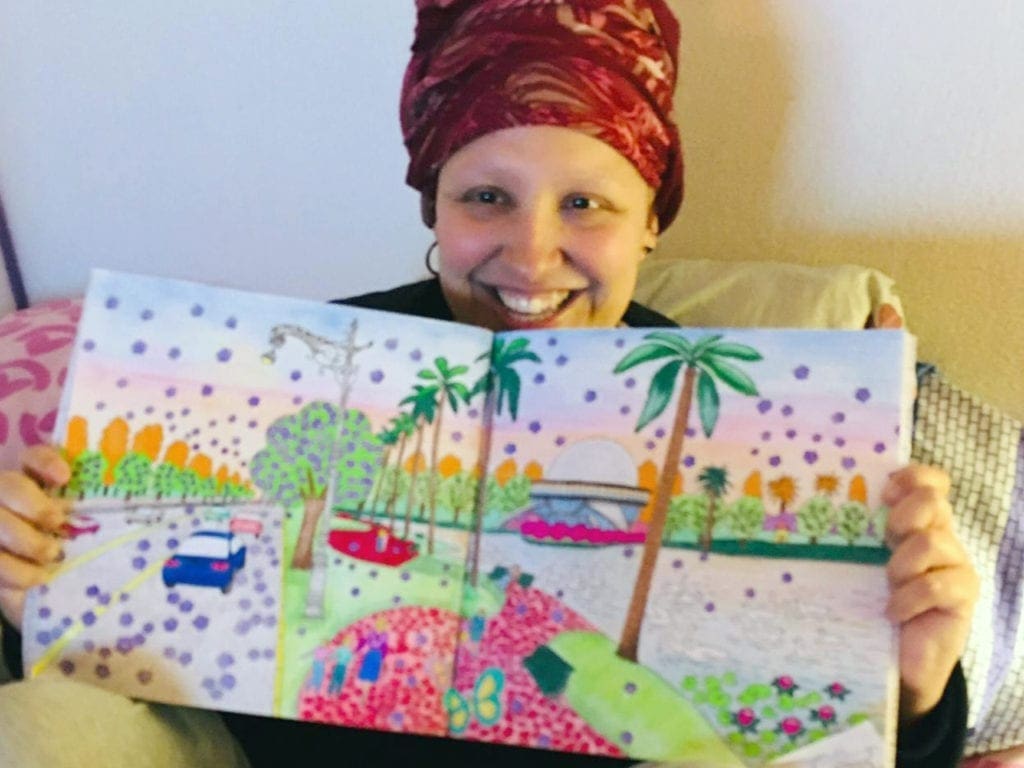
An act of love
It was then that I realized that I could do something for the others despite, and possibly because of, everything that was happening to me. It is very sad to know that because of me, doctors likely delayed the transfusion of another patient.
That is why I created DonAcción, an independent movement to encourage voluntary blood donations. We receive requests from donors through our Facebook page and we promote outreach campaigns and encourage educational actions.
I started by telling friends and acquaintances and it quickly spread in the community. I began to push an initiative that was growing and helping people.
The idea is to act as a bridge and help, spread, share, and commit ourselves as a society. Our goal is to sow awareness, to educate that blood is not a product, that it is not manufactured, and that it is our vital engine.
I believe that donating is an act of love, of gratitude towards others. We do not understand the importance of donating blood until it happens to us. As an oncohematalogical patient, I try to explain it from my perspective.
I feel gratitude. Doing something for people who are in a similar situation gives me a lot of strength to keep fighting. Our initiative also helps people who are battling Covid and need plasma transfusions.
Living through these treatments is very hard and invasive. Sometimes I cannot dedicate much time to the project because of my delicate health. I keep spending whole days in bed without moving and my visits to the doctor have not stopped.
However, it makes me feel good to think that I am trying to help people who are also having such a hard time.
Hopefully, in Argentina, the day will come when we don’t have to ask for more blood givers. My life, like so many others in this context of quarantine, depends on the conscience and solidarity of the other.
